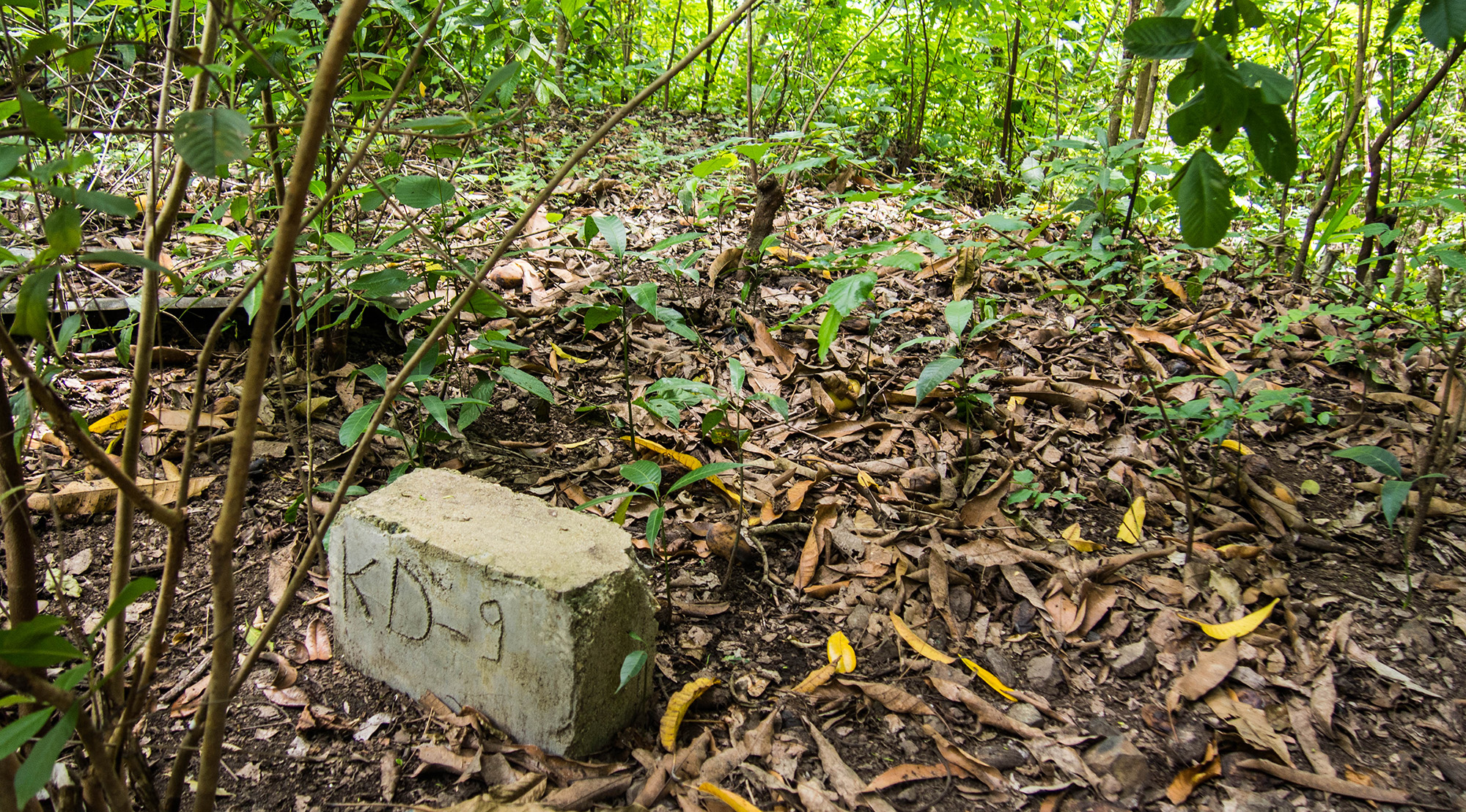In the last few years, an increase in the price of gold has caused a resurgence of interest among mining companies in areas previously considered unprofitable. In Haiti there are currently no mines in operation, but some companies already have exploration and mining permits.
These permits were suspended by a parliamentary moratorium in 2013 due to environmental concerns, but they could come back into force very soon: the development of the mining sector was declared a priority by the recently elected government and a new mining law has been put before Parliament.
Civil society is worried and local populations, which have already suffered human rights violations during previous explorations, are taking steps to make their voices heard by Parliament and the local authorities. To coordinate the advocacy actions and speak up for the communities, more than 20 farming, community and human rights organizations have joined forces to form the Kolektif Jistis Min (KJM). The aim of the KJM is to encourage the government to hold a proper national debate on mining in Haiti and thus to include the population in the negotiations.
“We are trying to establish a constructive dialog with the new mayor, to ensure he lives up to his responsibilities and speaks up for our community,” says a resident of one of the communities affected by the plans.
On the ground, the collective is offering training sessions: it translates documents into Creole, holds hearings with witnesses from Africa and Latin America and organizes conferences and focus groups in the villages. The KJM is redoubling its efforts to provide information and, above all, to prevent potential conflicts within communities.
“We don’t want to choose for them. But they need to be properly informed in order to make a decision and understand other people’s decisions. We need to avoid divisions in communities that are already fragile. Together we can make the government listen to us,” explains a member of the KJM’s training staff.
Note: Livia Bouvier is a volunteer development worker for Eirene Suisse, assigned as a human rights educator to the RNDDH (National Human Rights Defense Network), one of the KJM’s member organizations.


